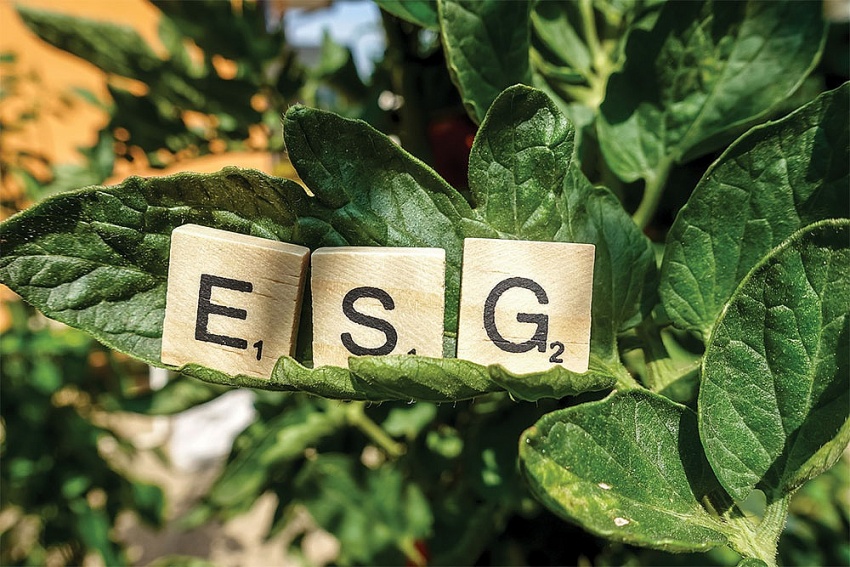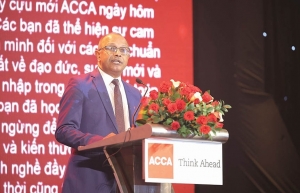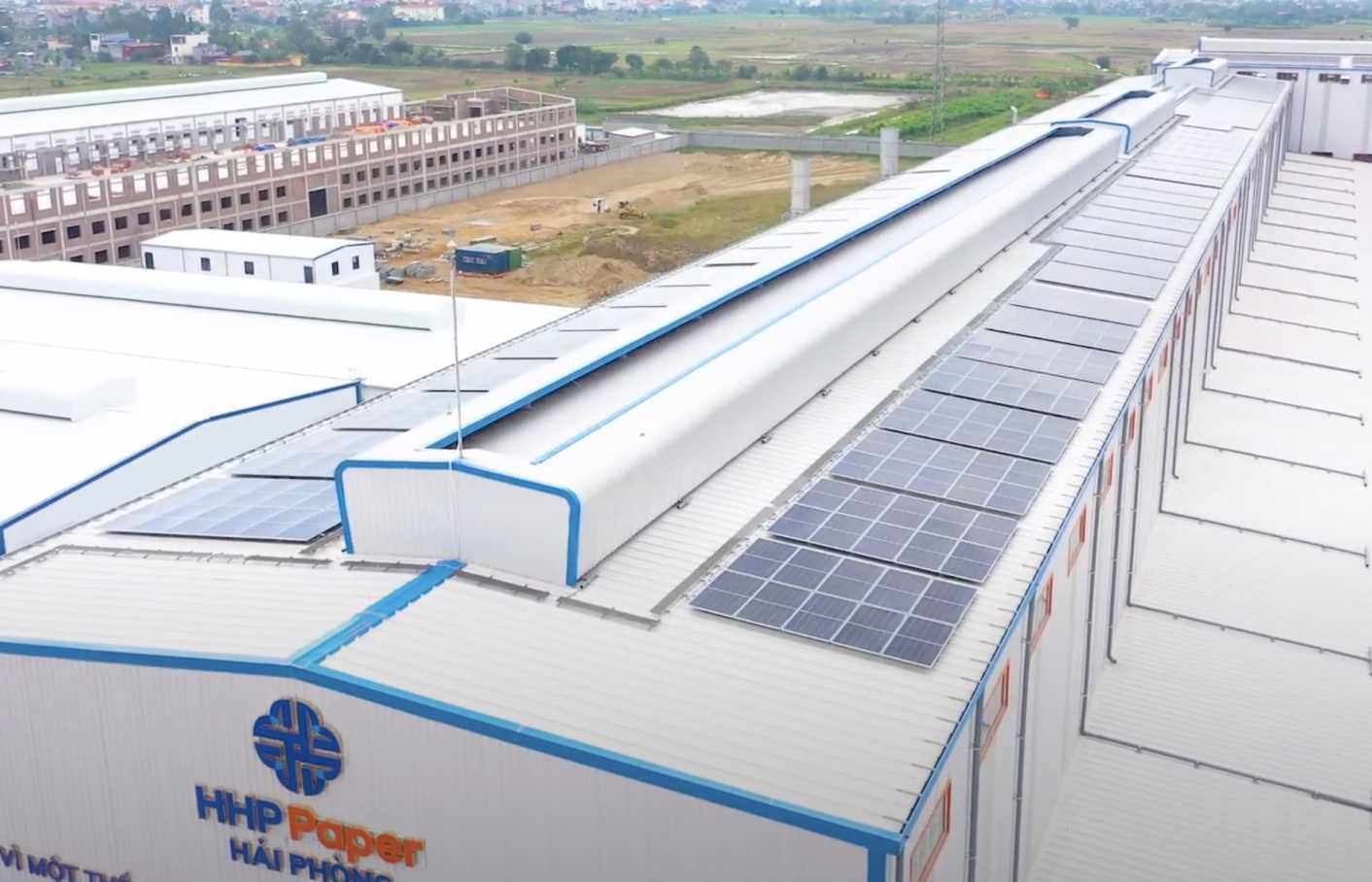ESG gives businesses competitive edge
Vinasamex, specialising in the production, trading, and export of cinnamon, star anise, and other organic spices to premium markets such as Europe, America, and Japan, has embraced ESG practices from early on.
Implementing sustainable business models and practising ESG has helped the company operate more efficiently, thereby enhancing brand value.
Hence, the company has gained recognition from both governmental and non-governmental organisations with necessary support programmes, according to Nguyen Thi Huyen, director of Vinasamex.
 |
| ESG is inevitable |
"With ESG, the company evaluates and controls risks effectively, encourages and nurtures talent fully, creating positive impacts for stakeholders including employees, customers, and the environment," she said.
Currently, Vinasamex operates four factories and owns over 4,200 hectares of organic cinnamon and star anise, providing at least 600 jobs for residents and improving the livelihoods of over 3,000 farming households in the northern midlands, mountainous regions, and central areas.
Although implementing sustainable business models and ESG practices are handy tools for gaining competitive advantages, adhering to these criteria and models also imposes financial burdens on enterprises, especially small and medium-sized ones.
"For small businesses just starting to adapt with ESG operational models, they must accept incurring additional costs beyond regular operational expenses. However, when finances are balanced, businesses will see the long-term effectiveness attached to this operational model, which is entirely worthwhile," said Nguyen Van An, strategic director of VNF Corporation.
VNF Corporation, a pioneering enterprise in shrimp by-product processing using zero-waste biological technology, asserts that practising ESG is the guiding principle for the company's operational model.
"The company allocates significant resources to address the shrimp industry's waste issues through environmentally friendly processing procedures. We practise energy-saving, material consumption reduction, and develop sustainable biological materials and solutions applied in agriculture," An said.
ESG is inevitable, especially as Vietnam's commodity import markets such as Europe, America, and Japan increasingly demand high standards.
Huyen said that despite the expenses, businesses gain opportunities to expand markets, ensure sustainability, and achieve high competitive advantages, thereby elevating enterprise value.
 | ACCA report outlines SME agendas for ESG In 2024, the landscape for small and medium-sized enterprises is both promising and challenging. In the heart of Southeast Asia, Vietnam stands at the forefront of economic growth, and has set ambitious growth targets for 2024. |
 | Vietnam ESG Initiative 2024: seizing green transformation opportunities Following the success of the 2023 Vietnam Environmental, Social, and Governance (ESG) Initiative, the Agency for Enterprise Development under the Ministry of Planning and Investment and the United States Agency for International Development (USAID) are co-hosting the 2024 Vietnam ESG Initiative. |
 | Game-changing ESG initiatives expected With the Vietnamese government last week boosting commitments to supporting foreign-invested enterprises, more green business and funding initiatives are expected in the coming months. |
What the stars mean:
★ Poor ★ ★ Promising ★★★ Good ★★★★ Very good ★★★★★ Exceptional
Related Contents
Latest News
More News
- Bac Ai Pumped Storage Hydropower Plant to enter peak construction phase (January 27, 2026 | 08:00)
- ASEAN could scale up sustainable aviation fuel by 2050 (January 24, 2026 | 10:19)
- 64,000 hectares of sea allocated for offshore wind surveys (January 22, 2026 | 20:23)
- EVN secures financing for Quang Trach II LNG power plant (January 17, 2026 | 15:55)
- PC1 teams up with DENZAI on regional wind projects (January 16, 2026 | 21:18)
- Innovation and ESG practices drive green transition in the digital era (January 16, 2026 | 16:51)
- Bac Ai hydropower works stay on track despite holiday period (January 16, 2026 | 16:19)
- Fugro extends MoU with PTSC G&S to support offshore wind growth (January 14, 2026 | 15:59)
- Pacifico Energy starts commercial operations at Sunpro Wind Farm in Mekong Delta (January 12, 2026 | 14:01)
- Honda launches electric two-wheeler, expands charging infrastructure (January 12, 2026 | 14:00)

 Tag:
Tag:




















 Mobile Version
Mobile Version